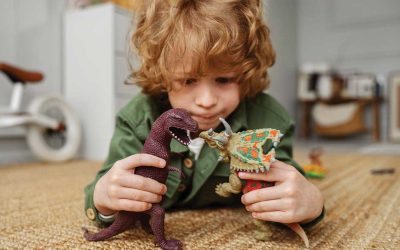By Dr Tanya Obertik
A perfect little being grows and develops inside you until a family of one becomes two or two becomes three or three becomes four and life as mum and dad knew it changes forever. Pregnancy is a powerful and wonderful thing.
Unfortunately, the effects of pregnancy, delivery and the postpartum (after-delivery) period can be devastating for some women and men alike. It’s not uncommon for women to experience emotional turmoil during pregnancy or after, but with all the changes and goings that accompany this time, it is difficult for women and those around them to recognise the signs.
Postnatal Mood Disorders
There are three major types of postnatal mood disorders: ‘baby blues’, ‘postnatal depression’ (PND) and ‘postnatal psychosis’.
Around 80% of women will experience the ‘baby blues’. You feel overwhelmed, tearful, anxious and irritable all at the same time or you fluctuate between them all. This typically only lasts a few days and usually occurs between three and ten days following delivery but sometimes these symptoms persist or return later, sounding alarm bells of PND.
Postnatal depression can develop at any time from delivery up to one (or even two) years postpartum, and alarmingly, around 15% of women are likely to suffer. Postpartum women are particularly vulnerable because they will often blame the way they feel on sleep deprivation, life adjustment, breastfeeding and the normal hormone changes that accompany all these body stressors.
You may feel completely alone and helpless and that the world as you know it has ended. Having friends and family who might be able to recognise some of the symptoms can be life-changing for both mum and baby, but realising there is a problem can be challenging.
Symptoms of Postnatal Depression
Some of the common symptoms and signs to look out for are:
- Tearfulness and feeling numb
- Fearing for the safety of baby
- Feelings of inadequacy
- Social avoidance and withdrawal
- Resentment of baby
- Poor bonding with baby
- Poor sleep
- Poor appetite and weight loss
- Suicidal thoughts or thoughts of harm to self or baby
- Poor concentration and motivation
- In more severe cases, lack of emotive facial expression from the mother can lead to the same in her baby
Don’t forget that women who have miscarried and fathers are also at risk of PND.
Postnatal Depression Self-Assessment
There isn’t a standard screening protocol for PND currently, but your healthcare professional will be monitoring for these symptoms and signs. A useful tool is the Edinburgh Postnatal Depression Scale, and you can ‘self-assess’ at Beyond Blue.
Finally, on the more severe end of the spectrum, there are Postnatal Psychoses, where women lose their sense of reality. This is uncommon (about 1 in 500) and requires hospitalisation.
Whilst some women are at a higher risk than others of developing one of these, no pregnant woman is exempt from the risk. Risk factors include a personal or family history of mental health disease, a traumatic birth, assisted conception, poor family relations, sleep deprivation, and lack of support, to name but a few.
Help and Support
The most important thing to remember is that there is help. A variety of strategies can be used to help manage any mood disorder you find yourself suffering from. You might need short-term monitoring and support, management of any specific issues you may be experiencing, a referral to a psychologist or psychiatrist, community support, medications, or even hospital admission.
PND is always a possible outcome of pregnancy, whatever your background. It is certainly nothing to be ashamed of as the picture-perfect ‘mum-n-bub’ experience is never the reality. The earlier you seek help, the better, but even if you feel it may seem pointless, seek help! You will feel a great weight lifted, and the baby will too.
If you have any concerns for yourself or a loved one, please contact your health care professional.
Related Stories
Care in the postpartum period
Confession: I’m not enjoying being a new mum
Baby sleep and what to expect by six months old




